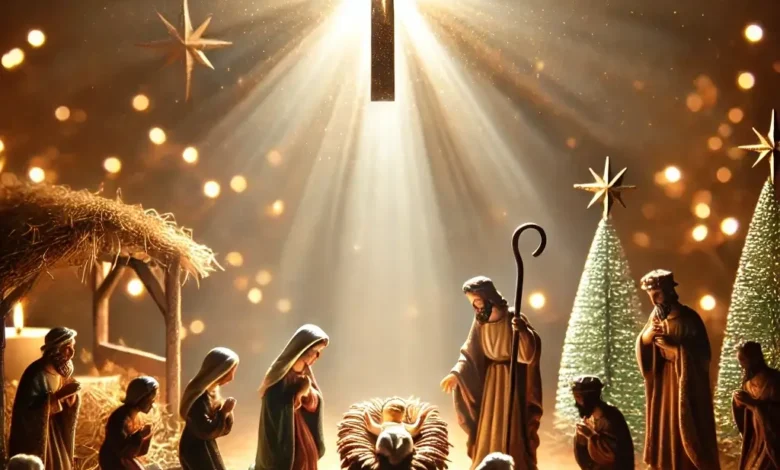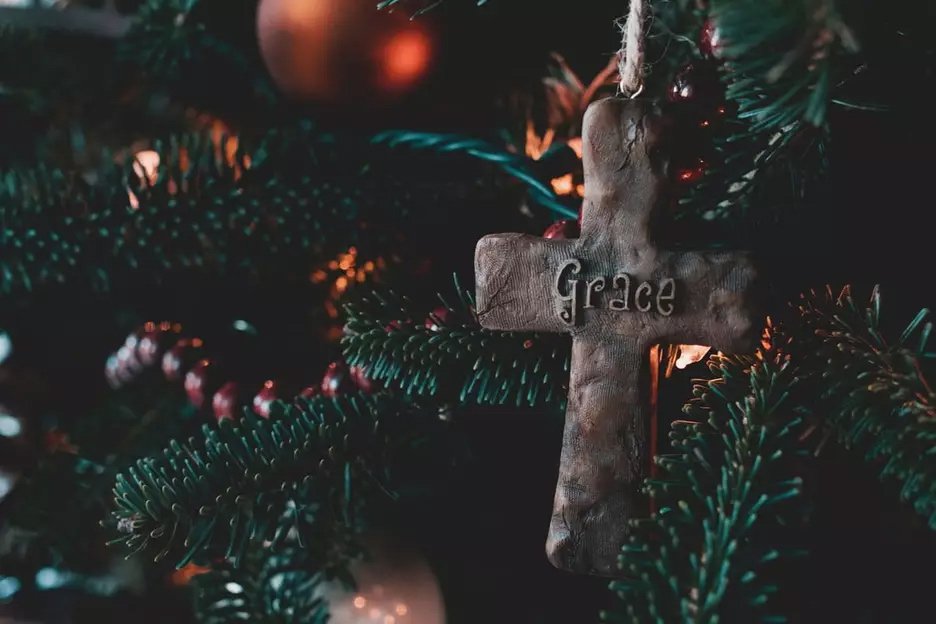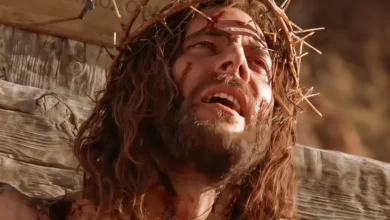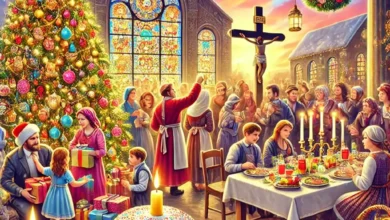
Christmas Eve – December 24th Meaning and Traditions
What is Christmas Eve or Christmas Eve? The special date of December 25 has historical and religious significance. While the exact date of Jesus’ birth is not historically known, December 25 was chosen by early Christian leaders to coincide with pagan festivals of the time around the winter solstice. By synchronizing the birth of Jesus with existing festivals, Christian leaders intended to make Christianity more attractive to potential converts.
Over time, December 25th became widely accepted as the symbolic date for the celebration of Jesus’ birth, and Christmas Eve, December 24th, became known as the night before the main celebration. Many cultures around the world celebrate Christmas Eve with various traditions, including special meals, church services, and exchanging gifts.
The traditional date of December 25 goes back to 273 AD. There were also two pagan festivals celebrating the sun on that day, and it is possible that December 25 was chosen to counter the influence of paganism. To this day, some people feel uncomfortable with Christmas because they think it was somehow influenced by the pagan celebrations of the day. But Christians have long believed that the gospel not only transcends culture, it transforms it. In AD 320, one theologian responded to this criticism: “We hold this day holy, not, as the pagans do, because of the birth of the sun, but because of him who created it.”
With this in mind, you might ask, “Does it really matter?” In one sense, of course, the answer is no. No tenet of belief in the Christian faith relies on knowing the exact date and year of Christ’s birth. And the date of his birth is not emphasized in the New Testament. No one is told to celebrate Christmas. The emphasis is always on the fact of his birth, not the date. but this is not the whole story. Christianity is a faith based on certain historical events. Let us rejoice in this great truth this Christmas Eve:
“For today in the city of David a savior has been born to you, who is Christ the Lord” (Luke 2:11). Christmas Eve party
Christmas Eve traditions
Christmas Eve (the evening before Christmas Day) was once celebrated with bonfires, storytelling, feasting, drinking, dancing, and sometimes clowning around. Sir Walter Scott described its festive mood in a poem:
On Christmas Eve, the bells rang;
On Christmas Eve, Mass was sung.
…
The ladies put on their shiny skirts,
The hall was decorated with green leaves of the sacred tree;
…
Everyone greeted with boundless joy,
And everyone’s voice announced the joy of the night,
which brings the tidings of salvation to the huts, like the crown.
Christmas Eve traditions around the world
There are many different Christmas Eve traditions that people around the world celebrate. Here are some of the most popular:
Germany: Leaving shoes outside for Saint Nicholas
Sweden: Christmas Eve dinner with family and friends
Iceland: Placing a plate of food for the Yule Lads
Finland: Visit cemeteries to light candles for loved ones
United States: Leaving cookies and milk out for Santa
The history of Christmas Eve
Of course, the situation has not always been this happy. However, on Christmas Eve 1521, in Wittenberg, Germany, the population rioted as the religious reform movement peaked. Andreas Karlstadt, contrary to the orders of Frederick the Elector, gave both bread and wine to the people at communion. The crowd, eager for more “reforms,” broke the church lights, sang ridiculous hymns to drown out the choir, and zapur (zahrthur = scared) the priests.
Luther is said to have decorated the first Christmas tree. This story may be legendary, but we do know that on Christmas Eve 1538 he was in a joyful mood, singing and talking about the incarnation of Christ. Then he sighed and said: “O we poor people, who are so cold and indifferent to this great joy that has been given to us.”
Despite Luther’s grief, others have made warm memories of Christmas Eve. In his memoirs, Sir John Reesby tells how on Christmas Eve 1682 he invited his poor tenants to a feast. During World War I, the famous Christmas Truce began on Christmas Eve 1914 for many forces, demonstrating the season’s inherent power for good.

Christmas Eve party
There are many ways to make Christmas Eve memorable. Here are some ideas:
Gather your loved ones around the Christmas tree and read Christmas stories.
Sing Christmas carols and play Christmas music.
Leave sweets and milk for Santa Claus.
Open a present on Christmas Eve.
Attend a Christmas Eve service at your local church.
Today in the article : Christmas Eve – December 24th Meaning and Traditions We reviewed useful information about the Bible and the way of Jesus. If you wish, you can view other articles of Ali Vahidi about Christianity





